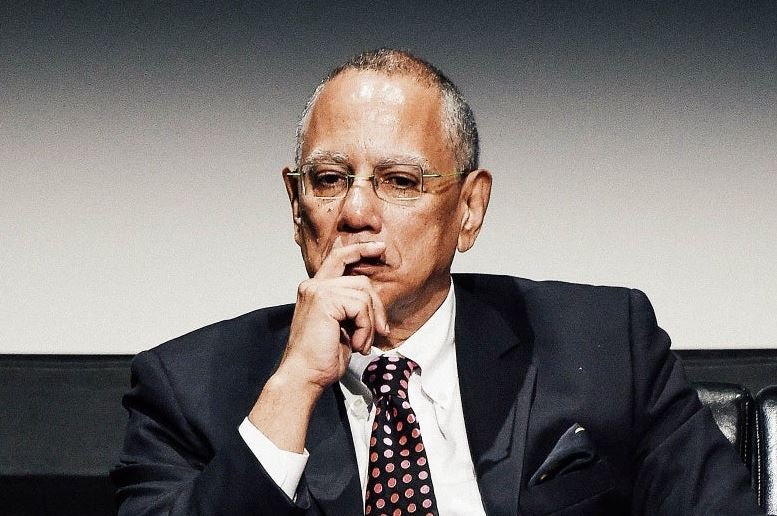1. A Fascinating Window Into NY Times' (Rotten) Soul
In a transcript of the newspaper’s crisis town-hall meeting, executive editor Dean Baquet grapples with a restive staff and outside scrutiny. Ashley Feinberg covered it in Slate. Here we go...
In a transcript of the newspaper’s crisis town-hall meeting, executive editor Dean Baquet grapples with a restive staff and outside scrutiny. Ashley Feinberg covered it in Slate. Here we go...
2. “What I’m saying is that our readers and some of our staff cheer us when we take on Donald Trump, but they jeer at us when we take on Joe Biden,” New York Times executive editor Dean Baquet told his staff in a town hall on Monday.
3. Dean Baquet and the paper’s other leadership tried to resolve a tumultuous week for the paper, one marked by a reader revolt against a front-page headline and a separate Twitter meltdown by Jonathan Weisman, a top editor in the Washington bureau. 

4. On Tuesday, the Times announced it was demoting Weisman from deputy editor because of his “serious lapses in judgment.”
Baquet, in his remarks, seemed to fault the complaining readers, and the world, for their failure to understand the Times and its duties in the era of Trump.
Baquet, in his remarks, seemed to fault the complaining readers, and the world, for their failure to understand the Times and its duties in the era of Trump.
5. “They sometimes want us to pretend that he was not elected president, but he was elected president,” Baquet said. “And our job is to figure out why, and how, and to hold the administration to account. If you’re independent, that’s what you do.”
6. Yet the problem for the Times is not whether it can navigate social-media controversies or satisfy an appetite for #resistance-based outrage, both of which it can tell itself are not a newspaper’s job to do.
7. It is whether the Times has the tools to make sense of the world. On this point, Baquet was not reassuring or convincing.
This was one of the issues that caused the revolt among readers and staffers that Baquet tried to tamp down.
This was one of the issues that caused the revolt among readers and staffers that Baquet tried to tamp down.
https://twitter.com/_StephanieMyers/status/1158723919211163649
8. A staffer suggested that the headline that had caused all the trouble—“TRUMP URGES UNITY VS. RACISM”—“amplifies without critique the desired narrative of the most powerful figure in the country.”
Heaven forfend if NY Times reports news straight. Imgaine that!
Heaven forfend if NY Times reports news straight. Imgaine that!
9. Baquet addressed the headline as an operational problem, the result of a “system breakdown,” where a front-page layout had left too little space for nuance. “We set it up for a bad headline,” Baquet said.
10. Baquet said the paper had misjudged current events when it was “a little tiny bit flat-footed” after the Mueller investigation ended. “Our readers who want Donald Trump to go away suddenly thought, ‘Holy shit, Bob Mueller is not going to do it,’” Baquet said.
11. The question of how to address presidential racism has emerged as something the paper would need to pivot into. “How do we write about race in a thoughtful way, something we haven’t done in a large way in a long time?”
'Thoughtful' seems like a code for 'damning to Trump.'
'Thoughtful' seems like a code for 'damning to Trump.'
12. And Twitter is not reality, as publisher A.G. Sulzberger told the staff. “You know, someone did a study of Twitter shares that showed that 70 percent of all stories shared on Twitter were never opened,” Sulzberger said.
As if everyone reads NY Times cover to cover.
The End
As if everyone reads NY Times cover to cover.
The End
NY Times admitted they came unglued when their previous project on "Russia Collusion!" imploded, and they are scrambling to replace it with a project on "Racism." The result is "#1619 Project." Expect this project to be equally tendentious and mendacious.
https://twitter.com/nytimes/status/1161653766220910592?s=20
• • •
Missing some Tweet in this thread? You can try to
force a refresh




